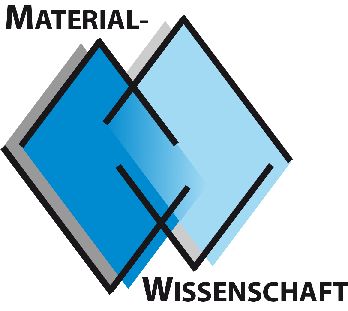Investigation of non-critical oxides for magnetocaloric hydrogen liquefaction
Bachelor Thesis, Advanced Research Lab, Master Thesis
Hydrogen liquefaction is essential for a sustainable hydrogen economy but remains highly energy-intensive [1]. Magnetocaloric cooling offers a solid-state alternative with the potential to improve efficiency [2]. While rare-earth-based magnetocaloric materials have dominated research so far [3], their high cost and supply risks drive the search for alternatives. Transition metal oxides present a more abundant, cost-effective, and environmentally sustainable option, offering a promising path toward efficient, rare-earth-free cooling systems aligned with global carbon-neutral goals.
In this project, the student will begin by synthesizing a promising, rare-earth-free, though still resource-critical, reference transition metal oxide [4] to establish and optimize its synthesis process. Building on this reference material, the composition will be systematically modified to reduce criticality and enhance magnetocaloric performance. To assess the purity, magnetic behavior, and performance, the student will also carry out a range of characterization techniques (XRD, Microscopy, VSM, Heat capacity).
[1] A. Züttel, A. Remhof, A. Borgschulte, and O. Friedrichs, Phil. Trans. R. Soc. A 368, 3329 (2010)
[2] J. J. B. Levinsky, B. Beckmann, T. Gottschall, D. Koch, M. Ahmadi, O. Gutfleisch, and G. R. Blake,
Nat. Commun. 15, 8559 (2024)
[3] W. Liu, T. Gottschall, F. Scheibel, E. Bykov, A. Aubert, N. Fortunato, B. Beckmann, A. M. Döring, K. Skokov, and O. Gutfleisch, J. Alloys Compd. 995, 174612 (2024)
[4] R. Kolay, A. Magar, A. A. Tsirlin, and R. Nath, Phys. Rev. B 111, 104403 (2025)



